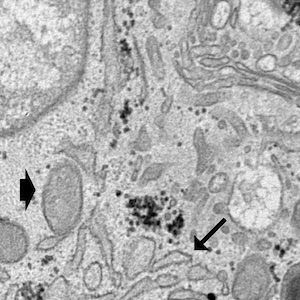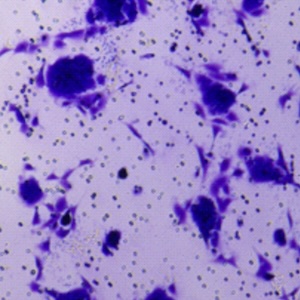Brief Reports
Vol. 60 No. 2 (2016)
The knee joint loose body as a source of viable autologous human chondrocytes

Publisher's note
All claims expressed in this article are solely those of the authors and do not necessarily represent those of their affiliated organizations, or those of the publisher, the editors and the reviewers. Any product that may be evaluated in this article or claim that may be made by its manufacturer is not guaranteed or endorsed by the publisher.
All claims expressed in this article are solely those of the authors and do not necessarily represent those of their affiliated organizations, or those of the publisher, the editors and the reviewers. Any product that may be evaluated in this article or claim that may be made by its manufacturer is not guaranteed or endorsed by the publisher.
Received: 24 March 2016
Accepted: 5 May 2016
Accepted: 5 May 2016
2511
Views
687
Downloads
394
HTML








